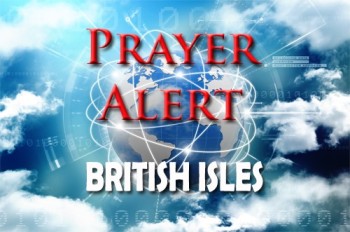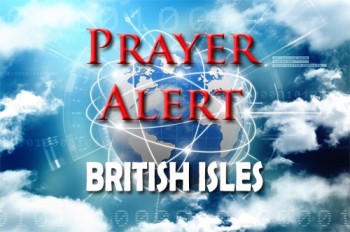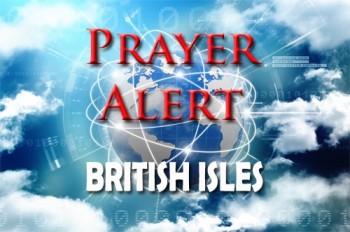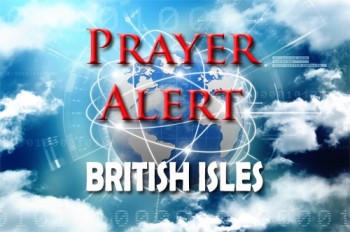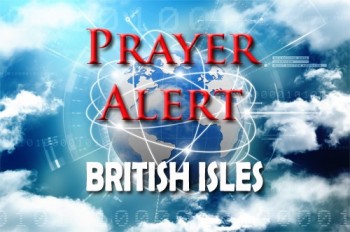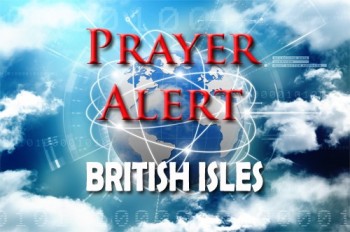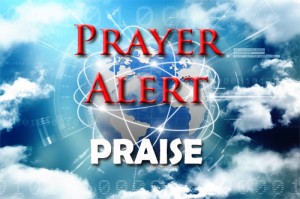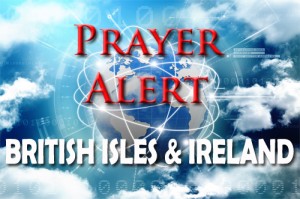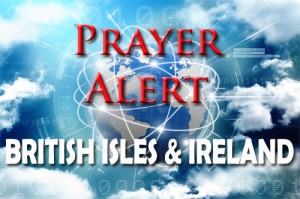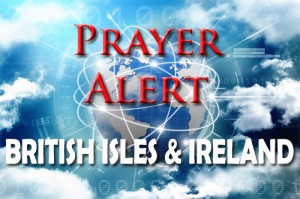Displaying items by tag: General Synod
Victims furious after CofE rejects full independent safeguarding
Sexual abuse survivors have reacted with anger and disappointment after the Church of England's General Synod rejected a move to full independent safeguarding, instead opting for a partially independent model. Survivors had urged the Church to transfer all safeguarding officers to an external independent body, removing bishop oversight, but Synod members delayed full independence, promising only 'further work' on the issue. Advocates condemned the decision, calling it a failure to restore trust and accusing the Church of 'marking their own homework'. Survivor advocate Andrew Graystone called the decision 'shocking arrogance'. The Church has faced multiple safeguarding scandals, leading to former Archbishop Justin Welby’s resignation. His temporary replacement, Archbishop Stephen Cottrell, admitted to past failures but defended the new model, calling it a step toward greater independence. Critics, however, see it as delaying much-needed reform and a betrayal of abuse victims.
Justin Welby: ‘God is greater than our fears’
The Archbishop of Canterbury, in his presidential address at General Synod, illuminated the enduring message of faith and resilience amidst global turmoil. He highlighted the pivotal role of faith in navigating through adversity, drawing from the Psalms' portrayal of adversity. Reflecting on global turmoil, from the war in Ukraine to the forgotten conflicts in Myanmar and Sudan, he called for compassionate action. He emphasised the importance of prayerful lament and protest, encouraging believers to find solace in God. Urging his listeners not to fear, and reminding them of God’s faithfulness, he said: ‘God is greater than our fears, our enemies, and our failures. When that is our comfort and peace, then in this world, at this time, off its hinges, we can in all our troubles be truly the church we should be - truly God's Church in God's world.’
Church of England votes for blessings for same-sex unions
The CofE's General Synod has voted to offer blessings to same-sex couples in civil partnerships and marriages, marking a significant shift in its approach to LGBTQI+ issues. After a marathon debate, the Synod overwhelmingly approved the motion, which includes an acknowledgement and repentance for the Church's failure to adequately welcome LGBTQI+ people. This decision, however, does not alter the CofE's stance on gay marriage, as same-sex couples still cannot marry in church. Anglican churches will now be allowed to provide prayers of dedication or thanksgiving and blessings for same-sex couples after their legal marriage ceremonies. The Bishop of London, Sarah Mullally, described the vote as a hopeful moment for the Church, but Archbishop Stephen Cottrell recognised the persistent divisions, emphasising the goal of walking together despite deep disagreements.
CofE to bless same-sex couples
The Church of England has backed proposals to allow prayers of blessing for same sex couples. Its position on gay marriage will not change, and same-sex couples will still be unable to marry in church. The plans, set out by bishops last month, have been criticised both by those who think they go too far and those who think they don’t go far enough: but the motion was passed in all three of synod's 'houses'. Priests will be allowed to bless gay couples, but can opt out: the first blessings could be in the summer. The Archbishop of York, Stephen Cottrell, said the Church was ‘in a better place’ as a result of the vote. However, he and the Archbishop of Canterbury acknowledged that ‘deep differences’ remained. The CofE Evangelical Council said it was ‘deeply saddened and profoundly grieved’ by the move. A spokesman said, ‘The Church of England now appears set on a course of action that rejects our historic and biblical understanding of sex and marriage. This seems to us to be a lose-lose position for everyone.’
Virtual General Synod
In May the CofE’s General Synod was cancelled, but now an informal Zoom Synod will convene for a virtual meeting on 11 July. The term of the current General Synod has been extended for a year. Synod officers continue to explore options to enable them to transact business remotely if it is not possible to meet in person. July's meeting will include a session to discuss the CoE's coronavirus policies.
Evangelism and General Synod
Evangelism will be the ‘clear theme’ of the CofE General Synod, which meets from 20 to 23 February. A new evangelism report states that ‘focused efforts will be needed to multiply and replicate confident disciples who are equipped and released to live out their faith in the whole of their lives’. The report quotes Dr Michael Jinkins, of Louisville Presbyterian Theological Seminary, on baptism: ‘We are soaked to the skin in the death of Christ. We trail wet footprints of the drenching wherever we go.’ It concludes, ‘We need to prioritise how we help people drip their wet footprints into the people and places of their lives, spreading the aroma of the knowledge of Christ everywhere.’ There is an aim to fulfil the vision to motivate and enable worshippers to move from church attendees to advocates and apprentices who are outward-looking and confident in their faith and church.
Dignity and humanity of people with Down’s syndrome
Following the proposal by the NHS for a new form of prenatal screening, Non-Invasive Prenatal Testing (NIPT), for women ‘at high risk' of having a child with Down's syndrome, Prayer Alert readers prayed for the General Synod to call for regulation on providers of this screening. See The Synod members have now affirmed that they welcome medical advances, but are also calling for the Government and health professionals to ensure that women whose unborn child has Down's syndrome are given comprehensive and unbiased information about it. They added that people with this condition should be welcomed, celebrated and treated with dignity and respect.
The Bible’s authority: the General Synod
The Church of England's General Synod recently took place. On 7 July, the Archbishop of York John Sentamu rejected the authority of the Bible in response to an amendment proposed by Andrea Williams, to insert the words ‘as revealed in the Bible and taught by the Church’ to a motion calling for politicians to ‘prioritise the common good of all people.’ Andrea spoke on the need for the Bible to inform our understanding of the common good. The archbishop said, ‘If you’re going to serve the whole community please don’t limit our language. The Word became flesh and sadly we are now making it Word, Word and Word again. Resist the amendments.’ On 8 July the Synod passed a private member’s motion by an LGBT activist to ban therapy for unwanted same-sex attraction. Sentamu spoke in favour of the motion. Also rejected were the protection of life, the promotion of marriage and family, and the maintaining of Christian freedoms.
General Synod to vote on sexual transition liturgy
The Church of England will vote in July on creating a ‘baptism-style’ service for congregants who have changed their sex. The proposed service will celebrate the person’s transition from one sex to another. Transgender priest Rev Rachel Mann, rector of St. Nicholas Burnage and a minor canon at Manchester Cathedral, praised the scheduled vote on the issue. ‘Trans people feel powerfully called to be recognised in their “chosen” name’, Mann said. ‘An opportunity to be publicly introduced to God is therefore significant. I think this is what the proposed liturgy aims to do. It will be symbolically powerful. The extent to which it is baptism will be debated by General Synod, of course, but this liturgy is a welcome move to affirm trans people.’ Others have spoken out against being so welcoming of the transgender lifestyle. Speaking recently on Radio 4, Mann said this is not a ‘transgender’ liturgy but a ‘transition’ liturgy, solely for people who have had sex change operations.
Same-sex marriage: General Synod rejects bishops’ report
Members of the Church of England's ruling body have voted not to ‘take note’ of a controversial report on homosexuality and same-sex marriage. The report by the House of Bishops (see Prayer Alert 05-2017, dated 3 February) called for a ‘culture of welcome and support’ for gay Christians, but maintained that marriage in church should be only between a man and a woman, and services should not be held to bless same-sex relationships. Following hours of debate, the House of Bishops voted overwhelmingly (43 to 1) in favour of the report, and the House of Laity backed it by 106 votes to 83. But the report had to win backing in all three houses, and the Clergy rejected it by 100 votes to 93, with two abstentions. Bishops will now have to produce a new report on the issue. The decision was welcomed by LGBT rights campaigners, some of whom had staged a protest ahead of the debate. Lucy Gorman, an activist and Synod member from York, said: ‘Thank you Synod. With that vote we've sent a message to the outside world.’ The Archbishop of Canterbury, Justin Welby, concluded the debate with a call for ‘a radical new Christian inclusion’.
